Please view our updated COVID-19 guidelines and visiting procedures →.

Hospice programs are required to provide social work services as a “Condition of Participation” for the Medicare Hospice benefit, but many families do not realize the extensive components offered.
In fact, it can sometimes be difficult for social workers to get into homes to see families, where home hospice care is being given. Although there can be feelings of wanting to withdraw from outside interventions or visits, more often it is because people do not fully grasp the wide breadth of what hospice social work offers.
The first standard of hospice social work is to do what is called an initial assessment. It provides an early glimpse of where the patient and his or her loved ones are, in terms of their understanding of the illness and its progression, preparation for decisions that may need to be made, and where they are in the grief process.
It is not uncommon for families to express their feelings that they have no need for any such help, and to see taking any advice or counsel as somehow being a sign of dysfunction, or an inability to care for their loved one properly.
Social workers go far beyond what that would imply, about being there to fill in where a family cannot cope. Although that can be true, a more useful way to think about their services is to compare them to a compassionate and expert event planner. Death has its own set of rituals, red tape, financial considerations, and especially emotional ramifications. Sitting with someone who does this for a living can not only bring comfort and clarity, but can ease many practical burdens that arise with sometimes overwhelming speed, as health declines.
One important early conversation, with the patient if he/she is able, or otherwise with the family or friends, is about the goals of care.
That last question leads to what is perhaps the most joyous part of a social worker’s job. Maybe there is an upcoming marriage that can be accelerated. Social workers have planned weddings, both for patients and for their children and grandchildren, sometimes even in our inpatient facility or on its waterfront grounds. One family wanted a Disney-themed wedding, to commemorate a family trip, and the social work staff decorated the room, while the arts staff brushed up on Disney tunes to play at the bedside. A beaming bride had mouse ears on, to complement her wedding dress.
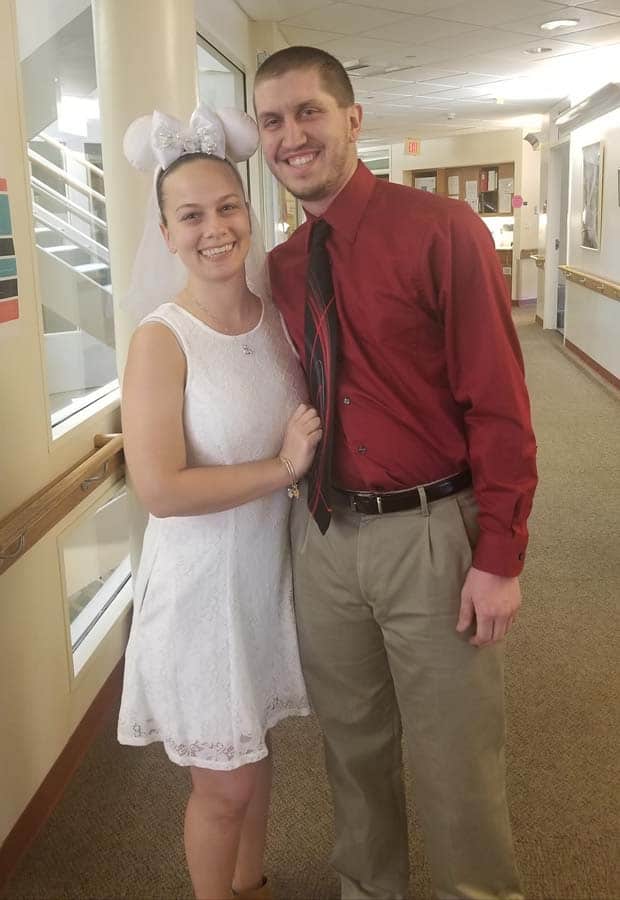
Other ceremonies have taken place with regularity, such as birthday parties or anniversary celebrations.
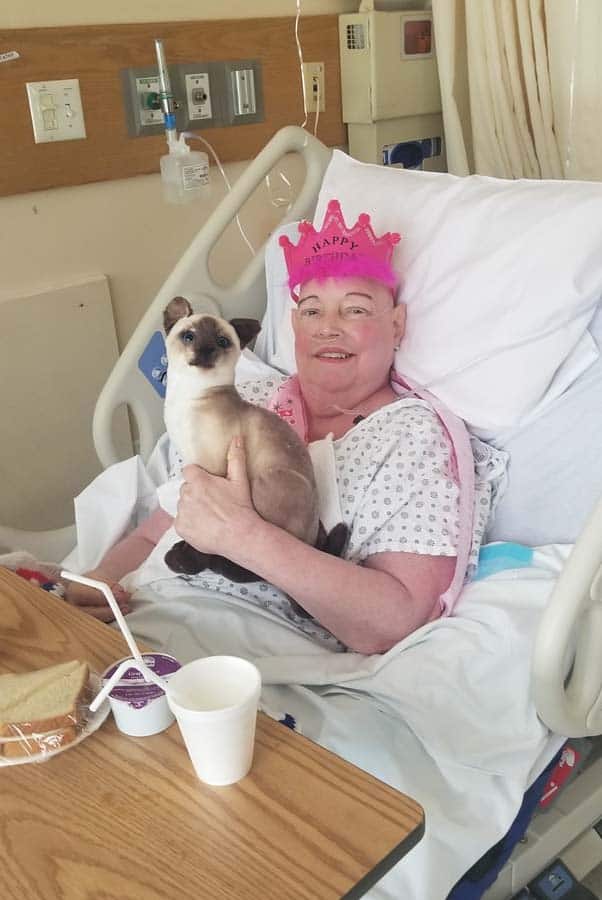
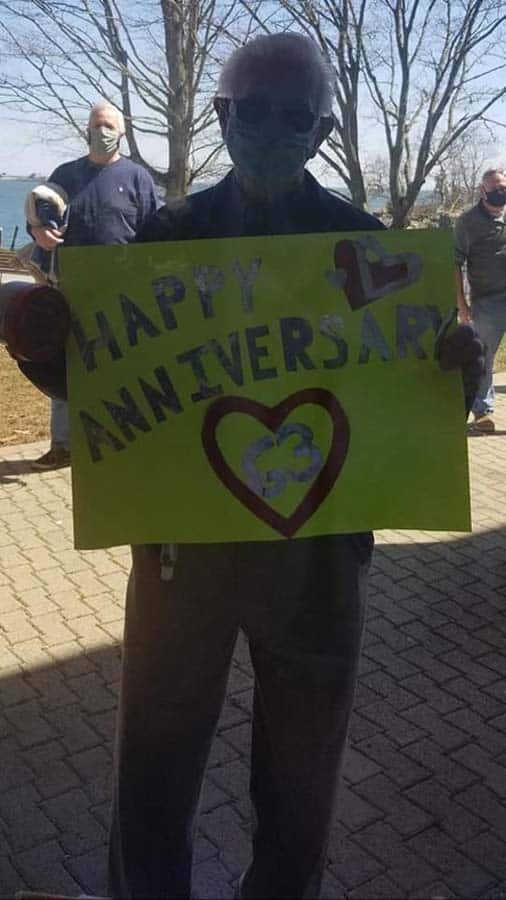
One of the most poignant was a graduation, where the professors came in academic garb, to present the patient with her recently earned diploma. In all of these cases, the social work staff works with the family to achieve those goals.

Goodbyes of all kinds also fall into hospice social workers' purview. Dealing with children’s grief, and the preferences of the patient and other relatives can be a difficult, but rewarding task. There may be times when patients need transportation by ambulance, in order to say those farewells to a person or place, and social workers can make that happen. When the hospice care is not in the home, there can be arrangements made for pets to be present. Even a horse came to our backyard, so that its owner could see it one last time.
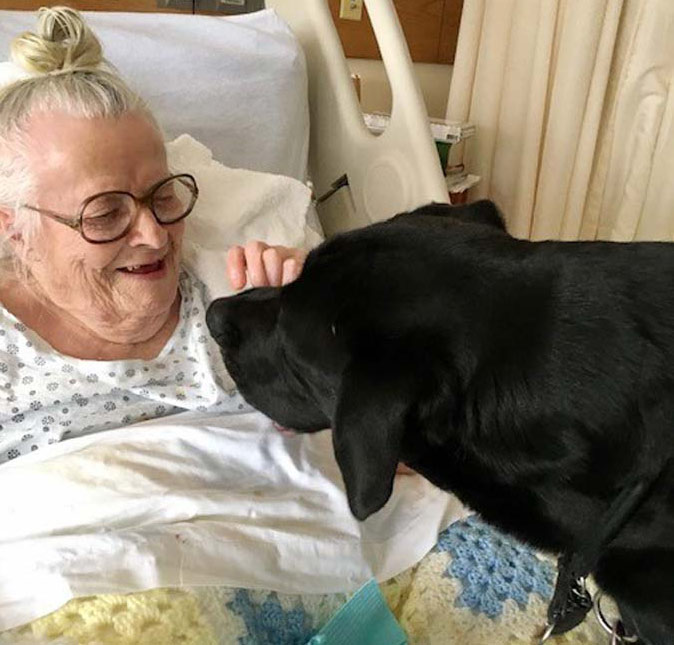
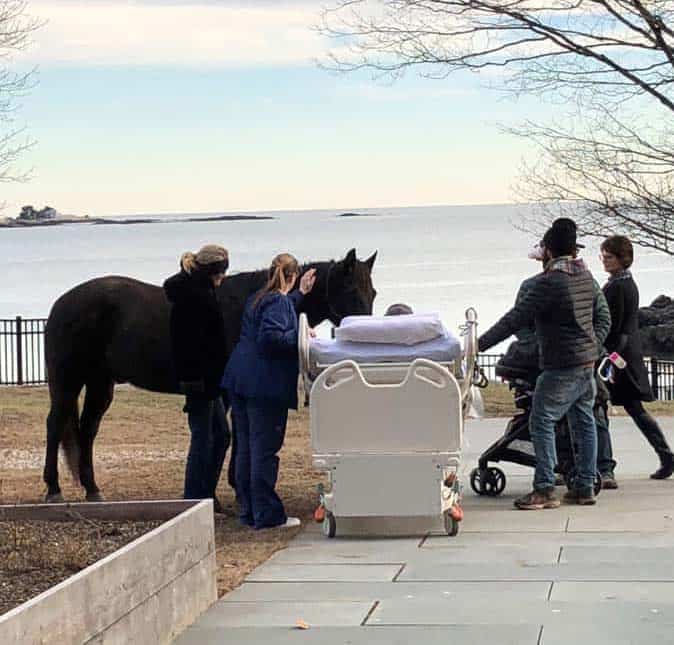
Last wishes can range from a favorite food to a video to leave behind, from putting toes in the ocean at the end of life to finishing a last book or article. Whatever closure means becomes the social worker’s goal to facilitate.

Planning a memorial service or funeral falls into the category of last wishes, as well as deciding about DNR/DNI or treatment choices. Even broaching those subjects with family members can be something in which the social worker participates, especially when some relatives have not understood or accepted the disease trajectory.
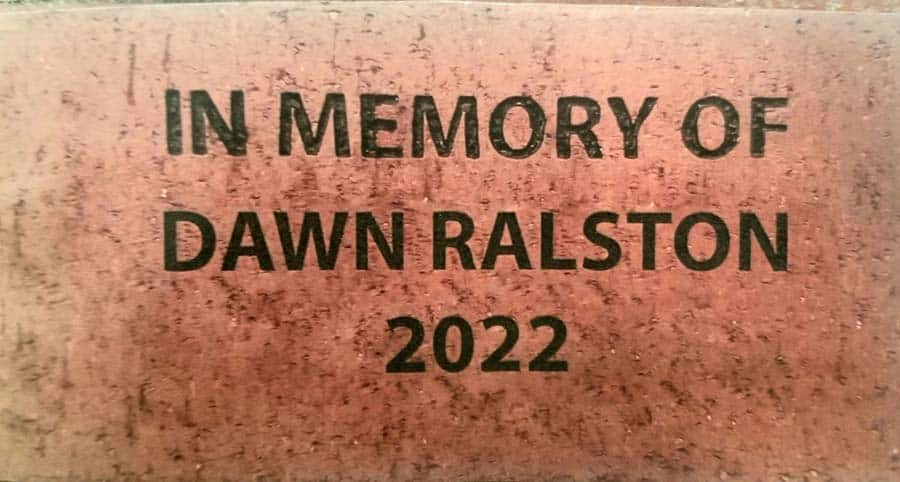
Financial considerations, including Title XIX applications, can be explained by social workers. They also do discharge planning when people can no longer live independently, and can help to narrow the options and help with the choice of a nursing home, should that be necessary. They are charged with making sure that the patient is safe in whatever environment is chosen.
When there are no relatives, a social worker can even take over some of the role that a family member would otherwise play. They can reach out to people that the patient wants to see, help with household tasks, or just keep someone company. One often-made comment about the end of life is that the days may be short, but the minutes and hours can be long. Having someone objective with whom to talk can be so important.
By now it is clear that social workers fill a vital role in many aspects of hospice care, no matter the setting of that care. They are special people, and they bring a combination of practicality and compassion that is so necessary for both patients and families. Whether they are serving as coordinators or counselors, they can play a part in every patient’s journey. Developing a relationship with them early in the process can make a difference all along the way. If there is a question of any kind, and the social worker doesn’t know the answer, he or she probably knows how to help get that answer.
Most of us know social workers in some setting, because they are so versatile in their career choices. What they do varies tremendously by location, so a school social worker or a prison social worker may do very diverse jobs. It is hard to imagine, however, that anyone could have a position that is more fluid that that of a hospice social worker. They are truly indispensable.

As a not-for-profit, we depend on generous donors to help us provide customized services and therapies that aren’t completely covered by Medicaid, Medicare, or private insurance.
Please make a gift to help us sustain the highest standard of care.
Admissions may be scheduled seven days a week.
Call our Centralized Intake Department: (203) 315-7540.